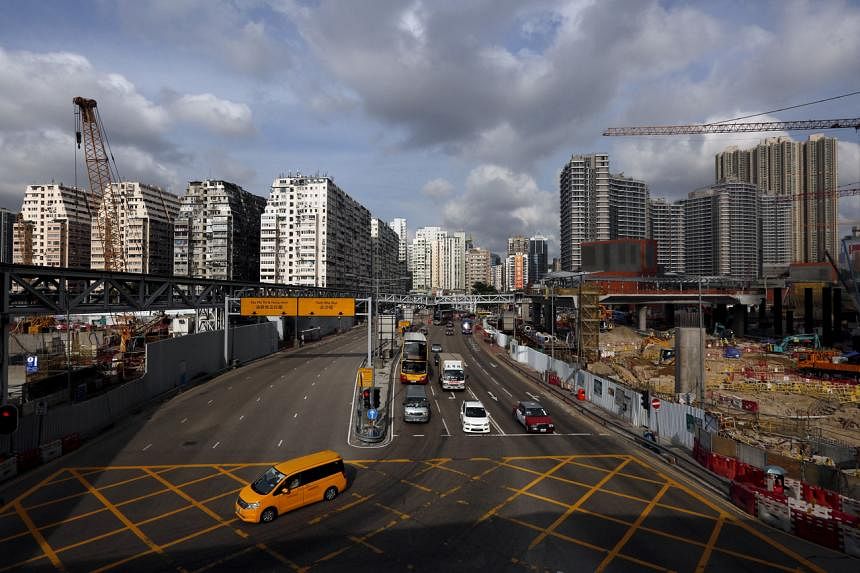HONG KONG - Smaller creditors of embattled Chinese property firms are increasingly turning to court to obtain payments, highlighting the turmoil in the property sector as developers rush to craft debt-resolution plans.
The most recent cases were filed against Sunac China Holdings and Jiayuan International Group. They are among at least six builders the past several months to receive winding-up petitions filed in Hong Kong or the Cayman Islands. Sunac, Jiayuan and China Evergrande Group all have November hearings scheduled for their cases.
"Court filings could either lead to more serious negotiations between creditors and companies and upon agreement the petition can be withdrawn, or a solution could be found through the court process," according to Mr Ronald Thompson, a managing director at restructuring advisory firm Alvarez & Marsal.
He said this week that he expects to see more court filings seeking the liquidation of developers as some creditors become increasingly frustrated with a lack of restructuring progress.
A winding-up petition can be filed against a company in a Hong Kong court when a creditor is owed at least US$10,000 (S$14,000), according to the Official Receiver's Office. If the court gives a winding-up order and appoints a provisional liquidator, the latter may take over control of the company, dispose of its realisable assets and distribute any remaining funds to creditors whose claims have been admitted.
Other developers facing winding-up petitions include Yango Justice International, Fantasia Holdings Group and Sinic Holdings Group, according to public information compiled by Bloomberg.
Such lawsuits, which may incur extra legal costs for creditors, could add pressure on borrowers to speed up proposing repayment options. Hong Kong's court website notes parties involved in the Sunac and Jiayuan cases, but no further information was provided about who they are or why the petitions were filed.
Evergrande, the property giant at the centre of China's real estate debt crisis, stated this week following a winding-up hearing and two-month adjournment that it aims to deliver a restructuring plan as soon as possible.
Sunac said it expects to publish its debt restructuring plan within this year, as it called the petition against it an "aggressive" move by an individual creditor whose holdings account for an "extremely small" share of the company's debt.
Jiayuan, meanwhile, has had two prior winding-up petitions dismissed by the Hong Kong court or withdrawn.
More than a dozen builders, including Evergrande and Sunac, have defaulted on dollar bonds in the past year, fuelling a record amount of delinquencies by Chinese issuers.
Sunac founder Sun Hongbin, dubbed the "white knight" in China for bailing out fellow billionaires and their empires, has been unable to rescue his own firm from the property crisis that is engulfing the world's second-biggest economy.
Sunac, which was once the country's fourth-largest builder by sales, has fallen to ninth, according to China Real Estate Information data. Most of the developer's dollar bonds have been trading below 20 US cents on the dollar for much of the past six months, according to Bloomberg-compiled data. BLOOMBERG

